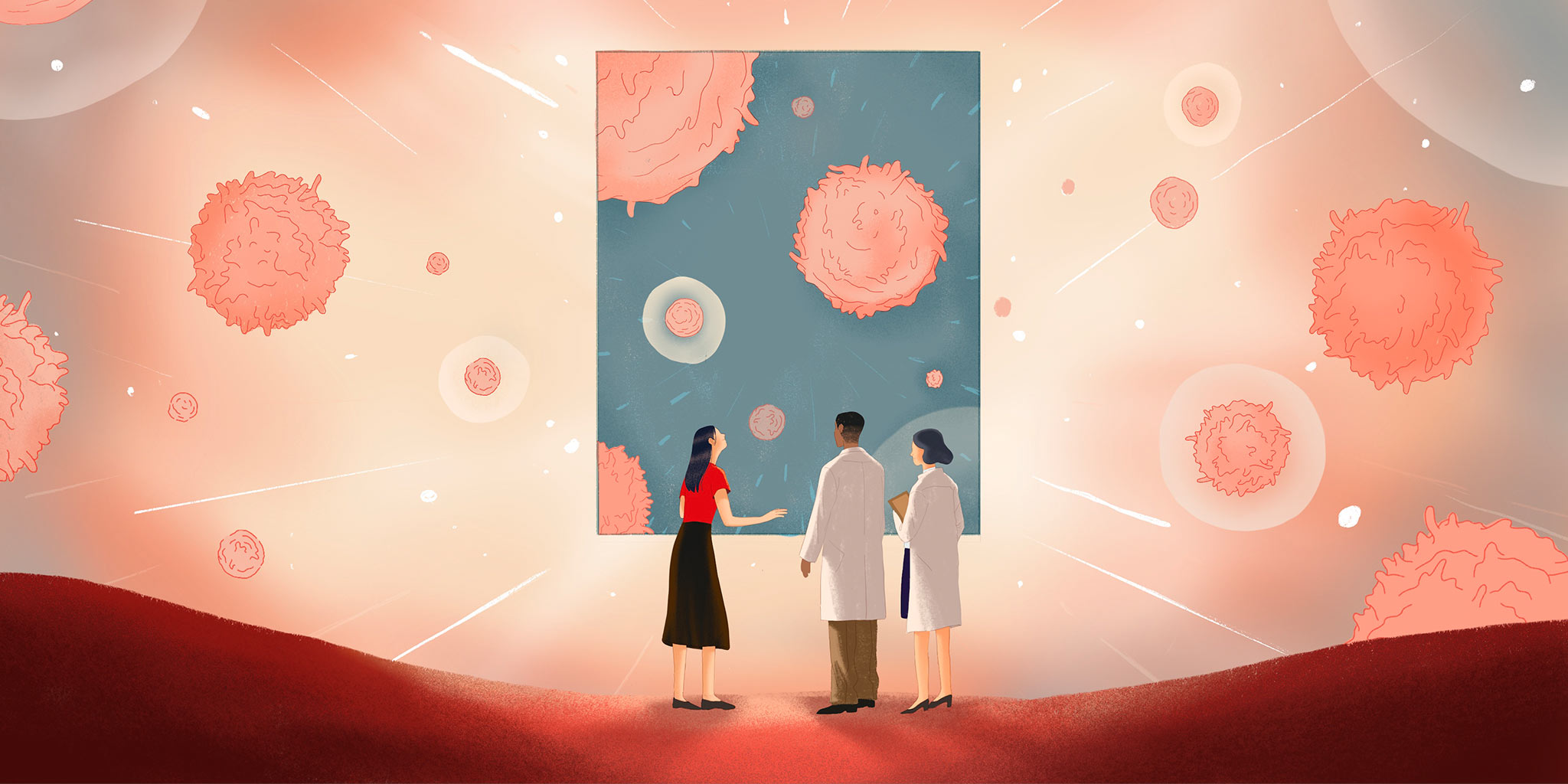
Illustration: Kim Ryu for Endpoints News
CAR-T reshaped cancer treatment. Can it change autoimmune disease, too?
More than 15 years ago, Aimee Payne was searching for a way to hunt down — and target — the cells behind a potentially life-threatening condition that …
Sign up to read this article for free.
Get free access to a limited number of articles, plus choose newsletters to get straight to your inbox.